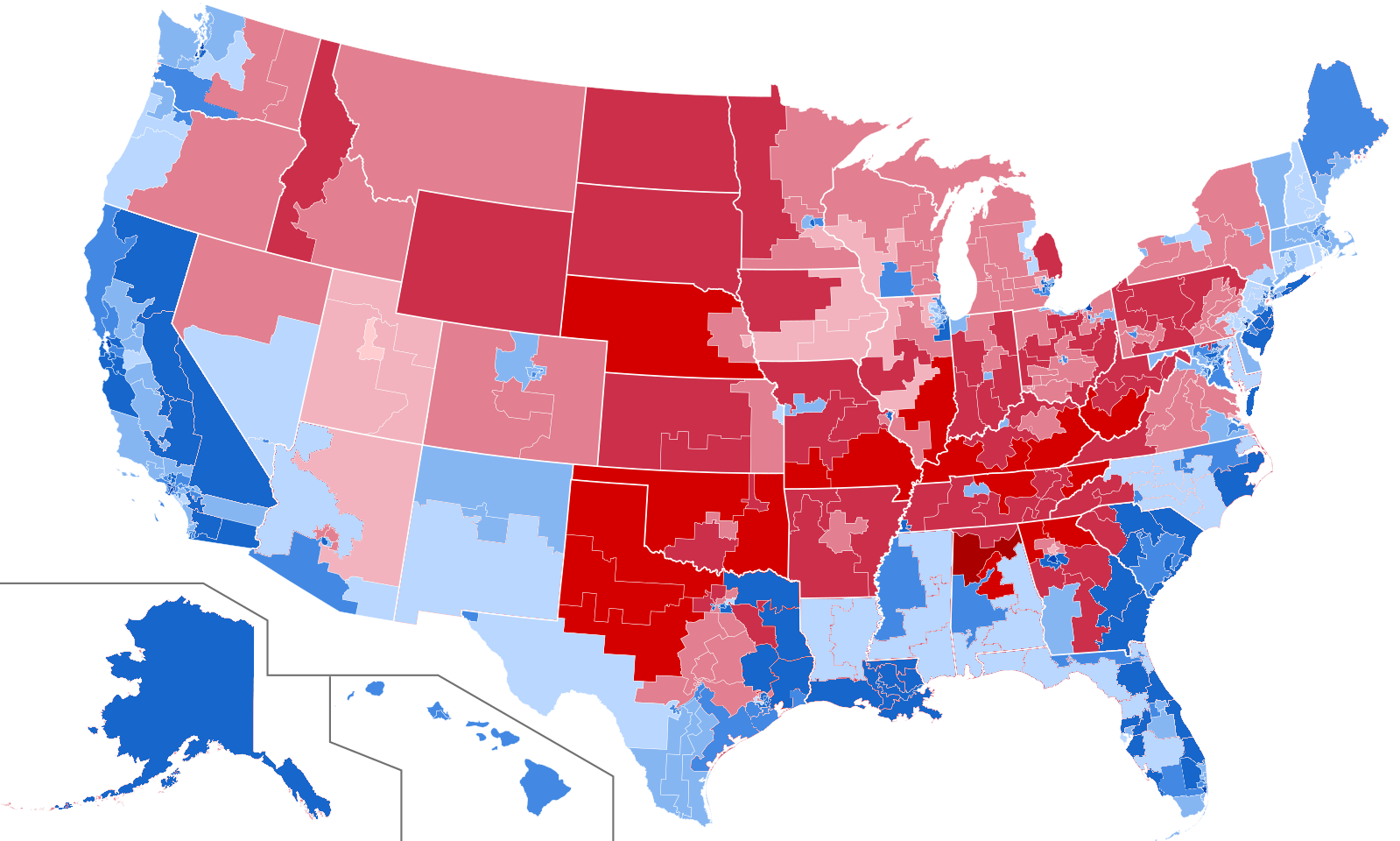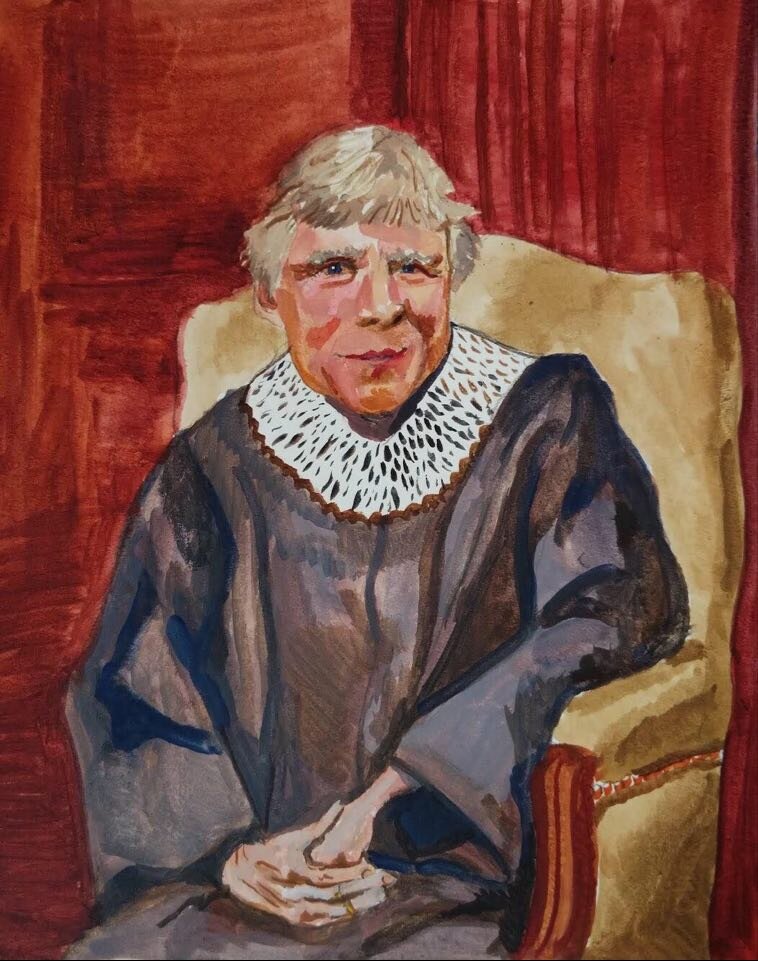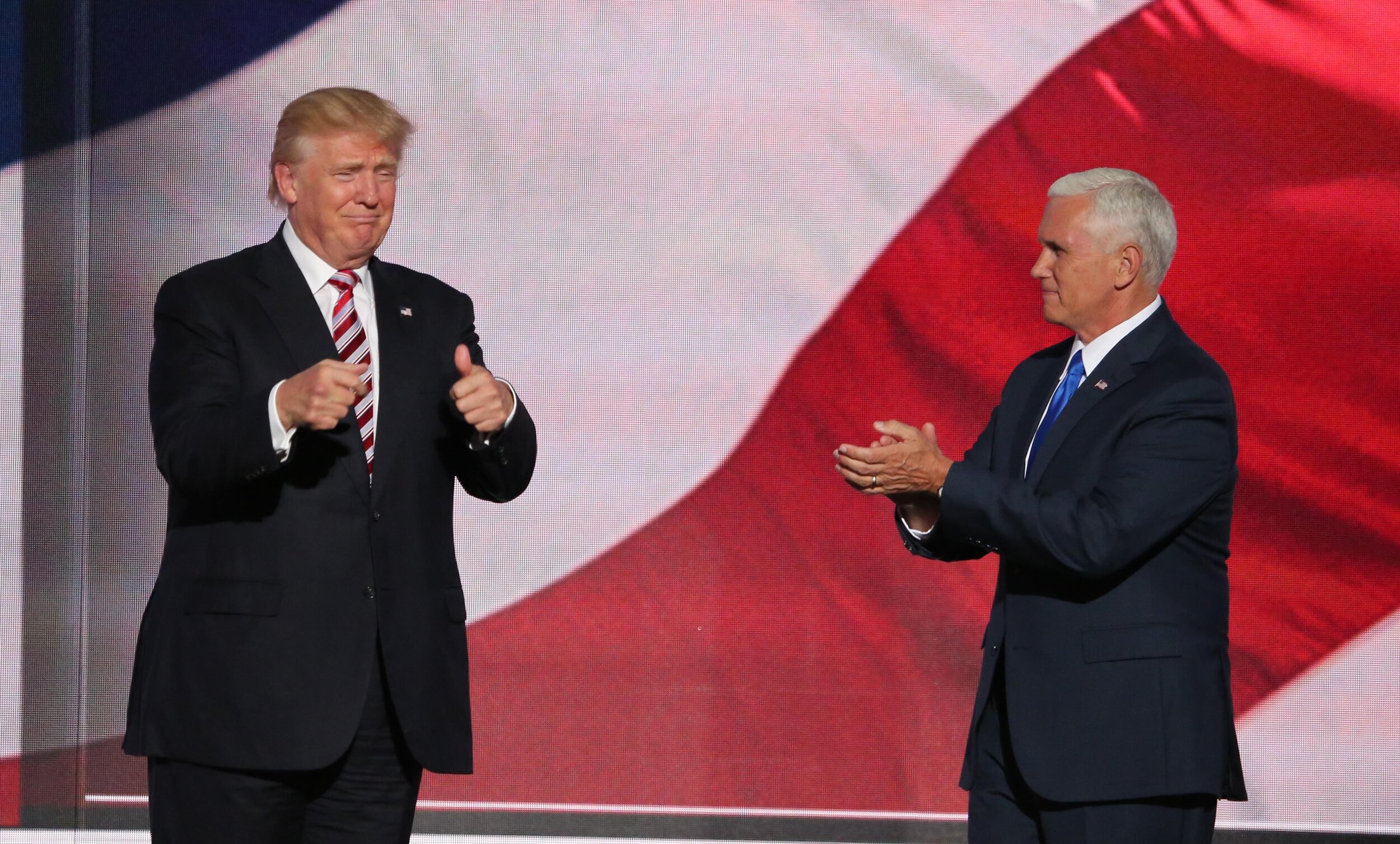

HAMILTON HALL—In a recent school-wide email, Columbia College Dean James Valentini announced that beginning next fall, Columbia College students will have the option to enroll in an alternative Eastern Core Curriculum.
For many years, Columbia students have lamented the influence of “dead, white men” in the Core classes. Dean Valentini, in his email, sought to address these concerns, writing that “Columbia is a world-class institution devoted to providing a broad, globalized educational experience. Many students have expressed concerns that we, as an institution, are not living up to these expectations. Thus, over the past two years, the Columbia College administration, in conjunction with the Office of the Core Curriculum and the Office of University Life, has been exploring new opportunities for student engagement with non-Western traditions. Now, our students will have the opportunity to engage with the artistic, musical, and literary masterpieces created by a variety of deceased brown men.”
The new program will begin with a counterpart to Masterpieces of Western Literature, the freshman class surveying the Western literary canon. Masterpieces of Eastern Literature will focus on literary works created by figures from colonized, imperialized, disenfranchised, marginalized, trivialized, tokenized, globalized, and—perhaps worst of all—capitalized societies. Traditionally, the first work read by Literature Humanities students is Homer’s Iliad, an epic poem recalling the final days of the Trojan War. Eastern Literature students will instead begin with a Chinese translation of the work, translated back into English.
The chair of the Literature Humanities program, Julie Crawford, is proud of the decision: “The administration has been tirelessly working to cave to these teenagers’ demands. I’d like to extend a thank you to all of the faculty who were forced to slap this syllabus together without pay.”
Crawford insists that the program will be a crucial influence in many students’ intellectual development: “It’s important to understand the foundations of our culture, but it’s more important to understand the foundations of the culture that is about to dominate ours.”
While some students and faculty have raised accessibility concerns over the University’s plan to charge a participation fee for the Eastern Core, Crawford insists that such worries will be allayed by an equivalent new fee for the Western Core.
The announcement was met with an uncomfortable silence across campus, as students were temporarily left without anything to complain about. “I don’t think I can stand this school anymore,” said Deborah Klarman CC ‘19, who is looking into transferring to Yale. “I just feel sort of empty without crippling anti-institutional hysteria to occupy my time.”
While there is a clear lack of women represented in the Eastern syllabus, students have mostly shrugged it off with a comment or two about cultural relativism. Some critics, like Cam Ronaverelle CC ‘19, have other concerns: “If Eastern Philosophy is so great, wouldn’t the Center for Core Curriculum have already added it to the syllabi? Together, the CC and LitHum syllabi contain every book worth reading. Granted, I haven’t read any female authors in CC yet, but that probably just means no woman wrote anything of value until the 20th century.”
“For our entire lives we’ve read European giants—Michel de Montaigne, William Shakespeare, Ayn Rand. And we all turned out fine,” continued Ronaverelle. “Why risk making vulnerable young minds become like those weird white guys with an Asian fetish majoring in East Asian Languages and Cultures?”
Others are concerned that the new program is simply less practical than the traditional Core. “Studying Eastern philosophy just doesn’t even seem like a good use of my time,” argued Ann Wilensky CC ‘20. “If I’m going to spend an hour skimming an ancient philosophical treatise, I at least expect to be a little more pretentious afterwards.”
In creating the Eastern Literature syllabus, the Office of the Core Curriculum reached out to a variety of cultural groups on campus, asking what non-Western texts they would like to see included in the class. According to Crawford, “over three students” offered thoughtful propositions. Of the five potential texts suggested, two were “Art of War” and “The Art of War” and one was “the Qur’an.” When the student who suggested the Qur’an was reminded that it is already featured in Contemporary Civilizations, he suggested The Art of War.
While Office of the Core then sent representatives to randomly poll students on College Walk about suggestions for the curriculum, it received suggestions of little value, including, “Uh, Mao?”, “I don’t know, Buddha or something?”, and “Does Russia count?”
In order to prevent the new Eastern Core from being overwhelmed with student interest, the administration has decided to leave City of God in the syllabus. And while participants will not be required to take University Writing, they will have to study East Asian script to gain enough insight into complex linguistic systems to find out what their tattoos actually mean.
Other classes will include a Global Core requirement featuring a wide variety of seminars devoted to the study of Western cultures, and a Frontiers of Science class with more challenging math. Students will also be required to take the swim test twice a year, just because.
Though the announcement has provoked sharp responses from all sides, not all students feel strongly about the issue. “I don’t need convoluted books to gain a global perspective,” said Karen Lin-Goldstein CC ‘19. “In the event that I want to get out-of-this-world understanding, I’ll just head down to Laughing Lotus Yoga Center in Williamsburg. My instructor, Susan, has really helped me balance my chi. Namaste.”
As of press time, student activists were still upset that the new curriculum under-represents cultural contributions from the Southern Hemisphere. To assuage these concerns, the Office of the Core has discussed adding classes that represent all cardinal directions.










